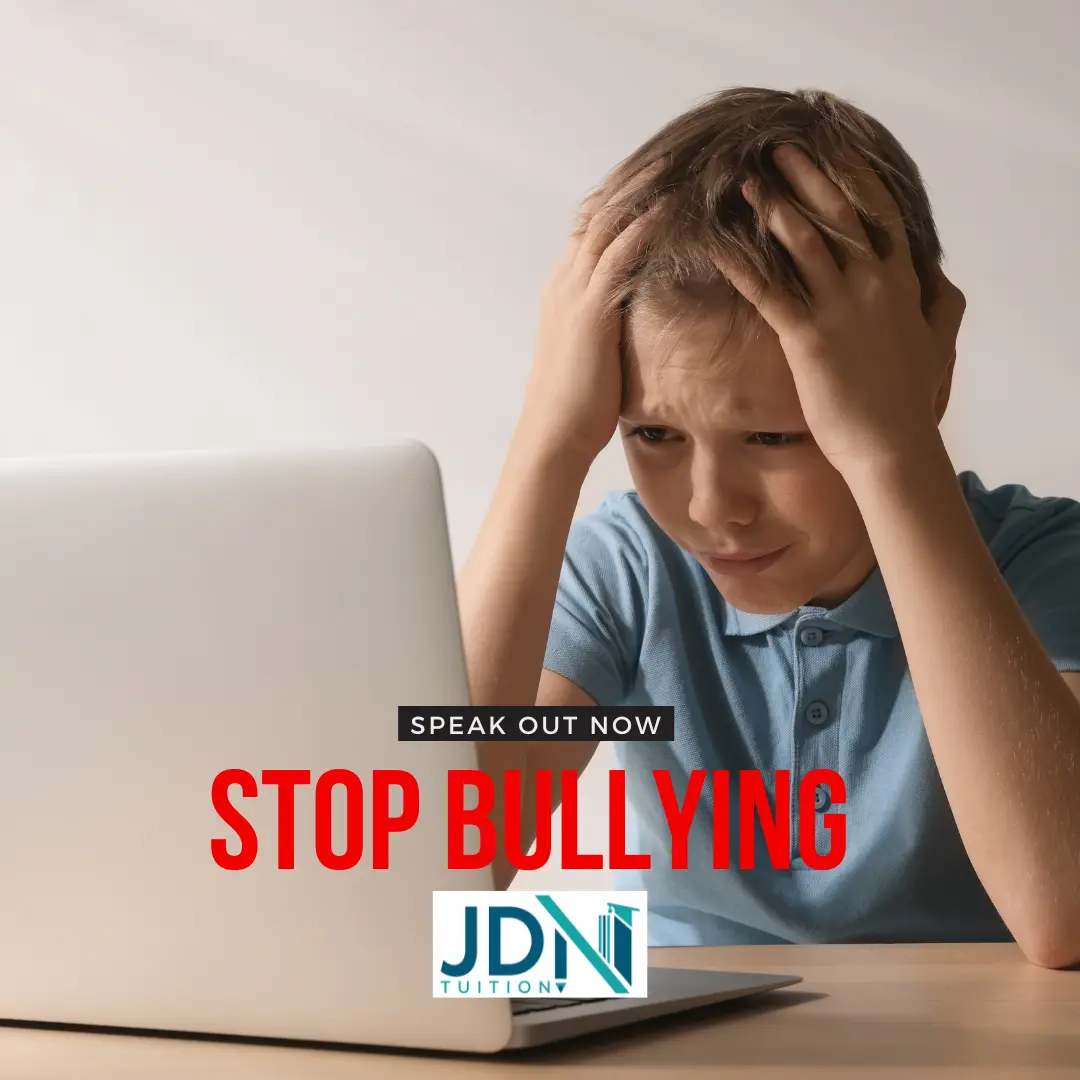Bullying in Australia is when someone keeps being mean or aggressive. This can be in person, through words, or online. It makes people feel alone and powerless.
What are the different types of bullying?
There are several types of bullying. Physical bullying is when someone is physically hurt. Verbal bullying uses words to hurt. Social bullying hurts someone’s reputation. Cyberbullying is when someone is harassed online.
How does bullying affect mental health?
Bullying can cause serious mental health problems. This includes anxiety and depression. If not stopped, it can lead to long-term mental health issues.
What strategies can schools implement to prevent bullying?
Schools can fight bullying by being inclusive and empathetic. They should talk openly with students and parents. Also, they can run programs to teach students about anti-bullying.
How can I identify if bullying is happening?
Signs of bullying include someone not wanting to be around others. They might also start doing poorly in school. Bullies often act aggressively or try to control others.
What role do student leaders play in combating bullying?
Student leaders are key in fighting bullying. They can promote mental health and change school culture. They help others stand up against bullying.
What practical tips can students use to stop bullying?
Students can help by supporting victims and reporting bullying. They can also talk about bullying using “I” statements. This helps start open conversations.
What do recent bullying statistics in Australia reveal?
Recent numbers show bullying is getting worse in schools. Many students say they are bullied often. Campaigns like #ImAnUpstander try to raise awareness and fight bullying.
“Stand up, speak out, and be the change – because every voice can make a difference in ending bullying.”





